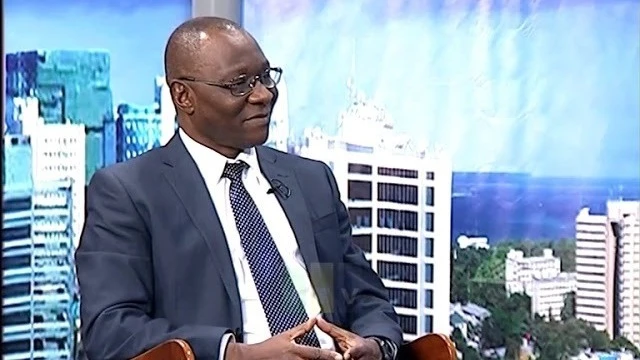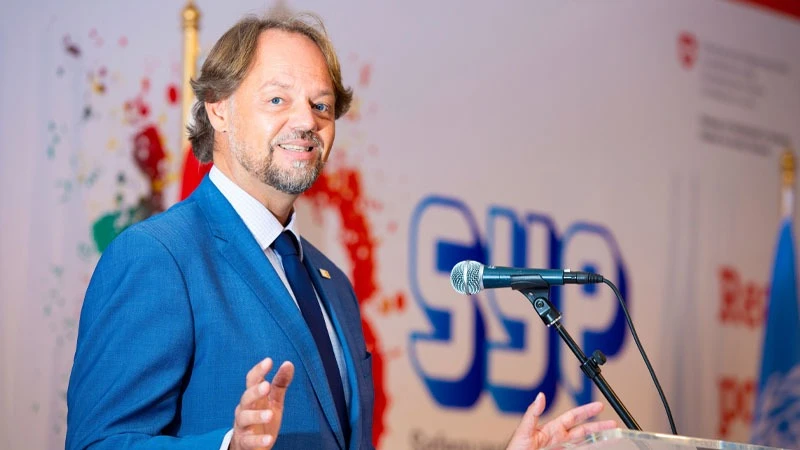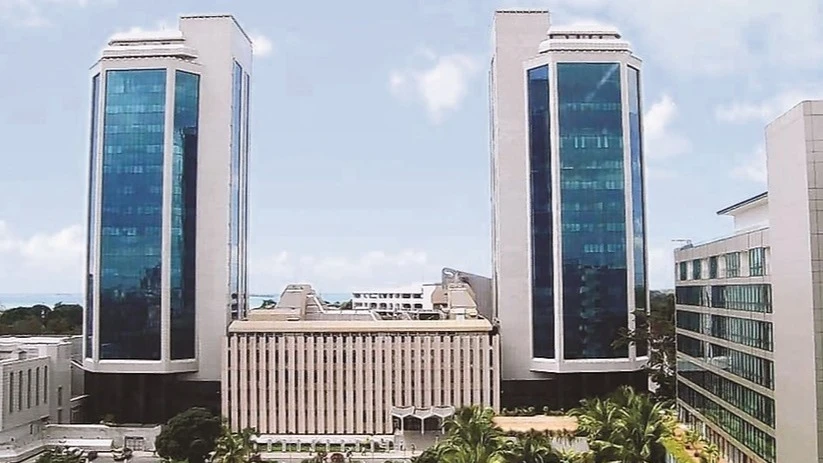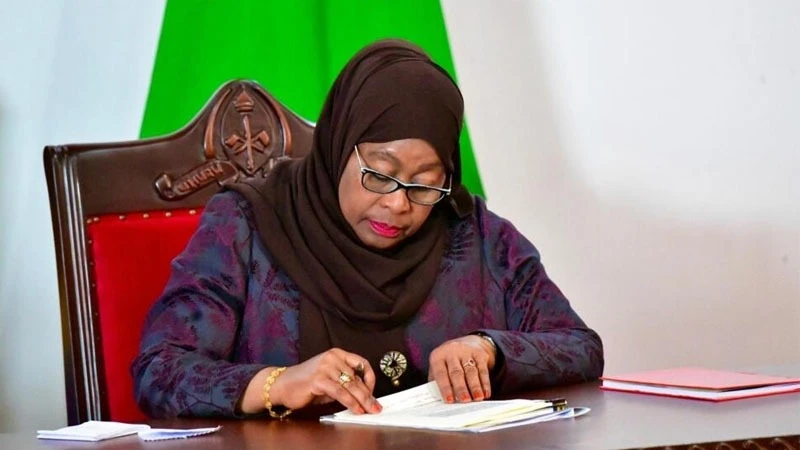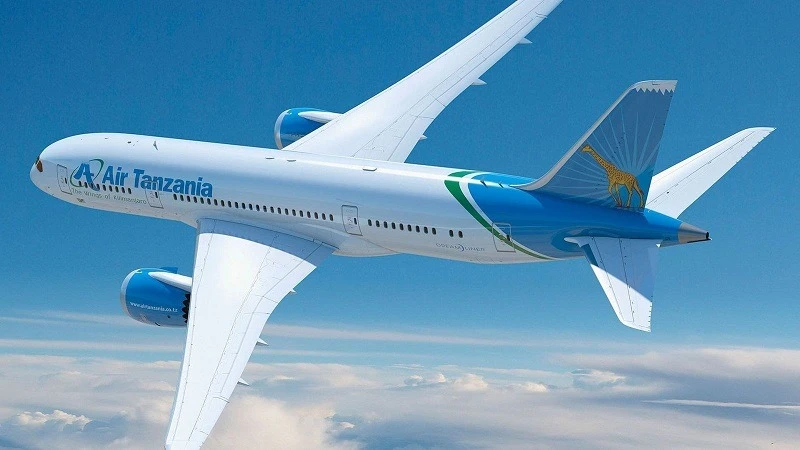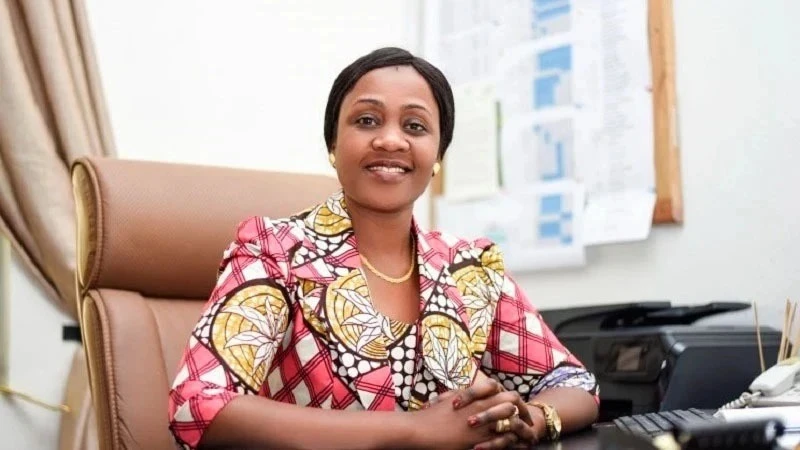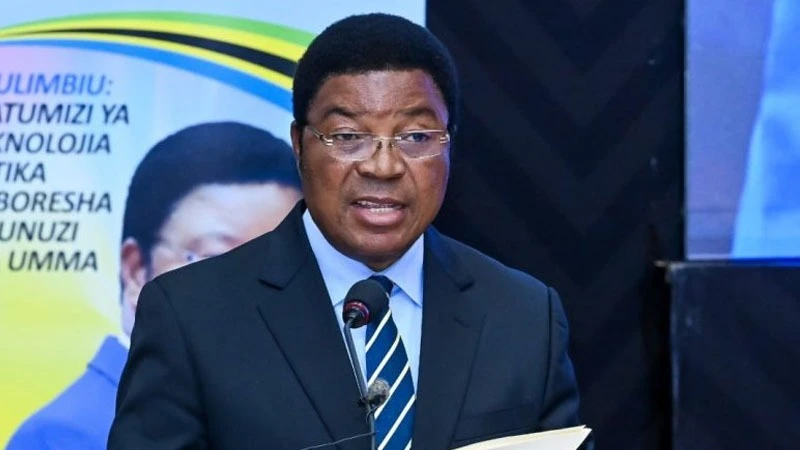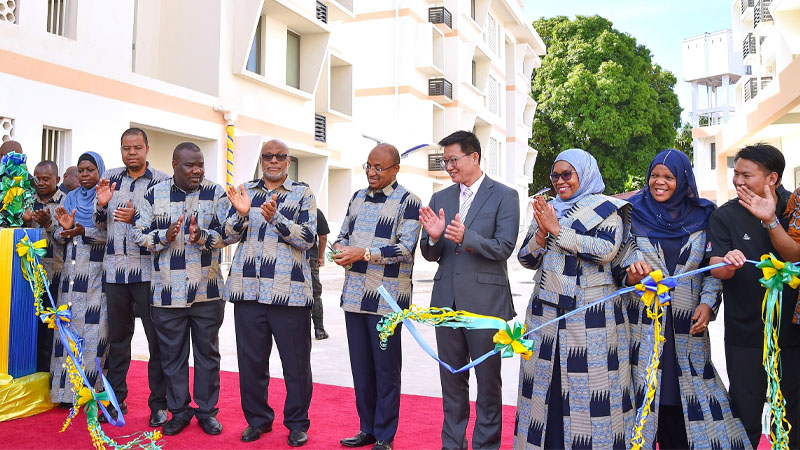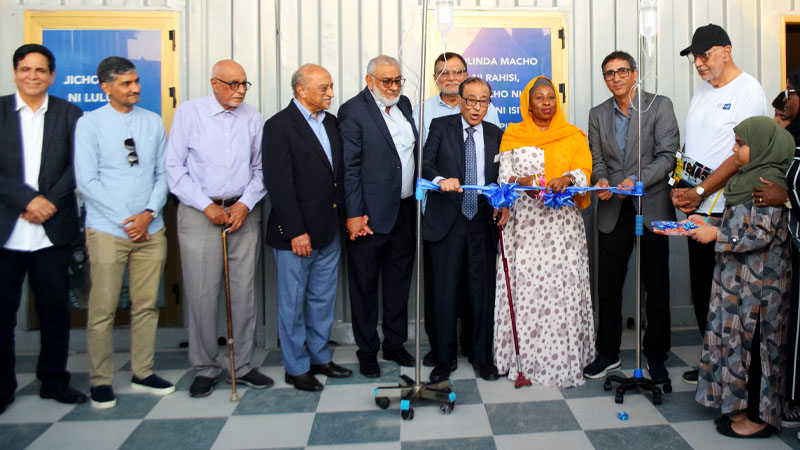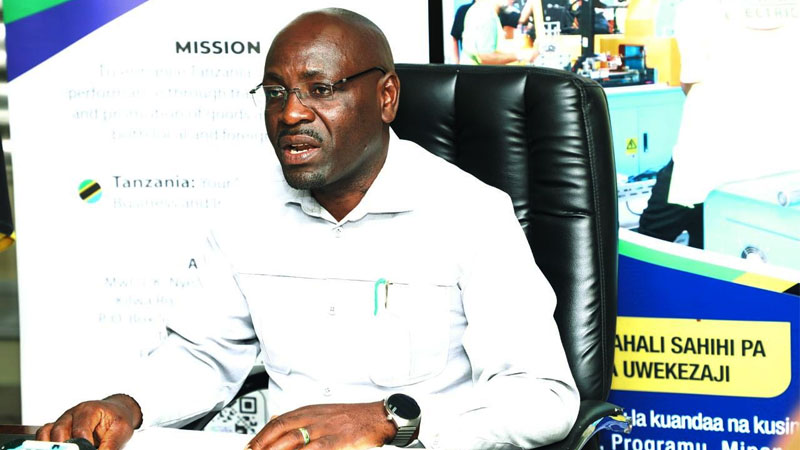TCRA engages broadcasting stakeholders to boost content
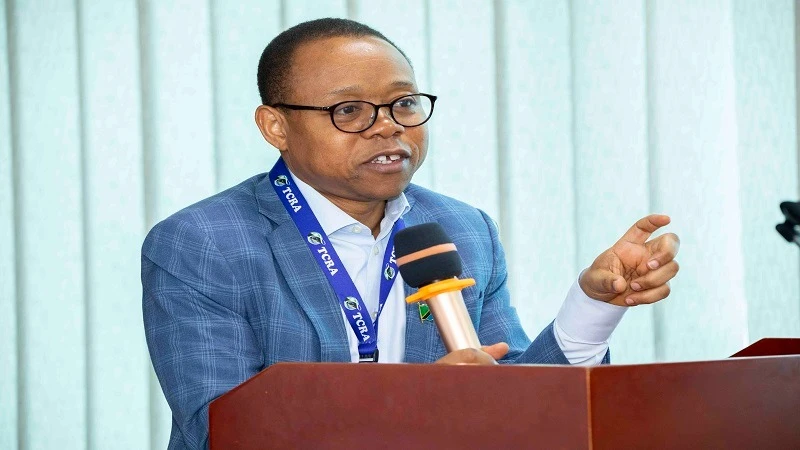
THE Tanzania Communications Regulatory Authority (TCRA) has started engaging various stakeholders in a move to build mutual trust and ensures responsible compliance.
Dr Jabiri Bakari, TCRA director general said recently in Dar es Salaam that the move is part of 'ex-ante' regulation, which seeks to prevent or control the breaches of licence conditions and regulations. This is opposed to ex-post regulation, which focuses on reprisals including fines and sanctions.
According to him, TCRA's new approach to broadcasting content regulation underlines the authority’s commitment to proactive regulation.
“This involves engaging stakeholders on issues to minimize breaches of licence conditions and regulations and subsequent punitive measures, taking into accounts that TCRA regulates broadcasting content in Tanzania's Mainland, while in Zanzibar, by the Broadcasting Commission,” he said.
TCRA has enhanced its oversight functions in broadcasting, through stakeholder engagement, monitoring compliance and promoting quality local content. The latest initiatives include a targeted skill development programme for licenced broadcasting content services licensees. It was launched in Dar es Salaam on 25 May 2024, he said.
It starts with planning and developing policies and strategies for the sector. Regulation involves licensing infrastructure and related activities in the supply chain and content-related matters.
Broadcasting is a means of communication that reaches more audiences in real time than other mass communications media. The former is the most universally accessible means of communication.
It is thus regulated due to the nature and power of radio and television. They use a valuable national resource - radio frequency spectrum, and service providers are obliged to use them responsibly.
A regulator is also responsible for protecting consumers of broadcasting content against harmful and offensive content. Responsible broadcasting also safeguards national values.
TCRA has a dedicated five-member committee on broadcasting content. It monitors broadcasting content and ethics compliance and handles complaints. The training programme will involve the Committee and veteran media practitioners including members of the recently-formed association of veteran radio presenters.
One of the 17 recommendations of the TCRA-organized 2024 annual broadcasters’ conference in Dodoma in February this year urged content service providers to introduce internal editorial policies that promoted quality content and professionalism.
A recent TCRA survey shows repeated breaches of broadcasting regulations in 10 areas. These include the presentation of content unsuitable for children before midnight. Some of the stations had departed from standard studio ethics and professionalism and did not observe accuracy, impartiality and fairness in their content.
Tanzania’s digital broadcasting platforms now reach more than 50 per cent of the population, with the acquisition of decoders for land-based television services increasing by 22.4 per cent between December 2020 and March this year.
Digital terrestrial television (DTT) broadcasts reach 56 per cent of the population Signals delivered through satellite, a category known as direct to the home (DTH), cover the whole country. Tanzania was the first in East and Southern Africa to migrate to DTT in 2014, ahead of the international dead; line of June 2015.
DTT has ushered in new digital television experiences in terms of superior quality, efficient spectrum use and wide programme choice through multiple channels.
April 2024 broadcasting sub-sector statistics issued by the TCRA Director General, Dr Jabiri Bakari, show increases of between 4.6 per cent and 400 per cent in some licence categories between April 2023 and April 2024. For example, district subscription television licences quadrupled from two to nine in 2024.
Digital terrestrial television licences increased by 4.6 per cent, from 65 to 68; cable television licences by 5.3 per cent; from 57 to 60 April 2024 and radio stations by 7.4- from 215 to 231.
TCRA also promotes community broadcasting as part of its greater stakeholder engagement in local content production.
The Community Broadcasting Services Regulations TCRA introduced in August 2023 seeks to boost local content production and foster greater community engagement in broadcasting.
Community broadcasting service providers are required to ensure that at least 80% of their broadcast content is around the local community. Their programmes should focus on the local community’s aspirations, including education, health, economic development and culture.
Dr Bakari further explained that the regulations signified a significant step towards empowering communities through the media. They seek to ensure that broadcasting services meet respective communities' specific needs and dynamics, and foster a more informed educated and cohesive Tanzanian society, he added.
Dr Bakari explains that TCRA promotes planning, producing, distributing and airing broadcasting content that upholds the national heritage, customs and cultures of all Tanzanians.
TCRA, the Tanzania Broadcasting Corporation (TBC) and the University of Dodoma are implementing a phased programme to promote Tanzanian traditional dances.
Traditional dances from 120 tribes and communities would be recorded in video and audio and the contents distributed to operators for onward broadcasting.
TCRA recently met local independent content producers and urged them to enhance collaboration for their growth.
Dr. Bakari told them that unity would enable the government to more effectively support their endeavours and promote the development and accessibility of high-quality content nationwide. He advised them to revive the Tanzania Independent Producers Association (TAIPA).
Dr Bakari explains in the quarterly report that TCRA would work with independent content producers to improve quality. Plans were underway to facilitate concessionary term loans to content producers and broadcasting stations as a strategy to promote local content production.
Radio and television broadcasting regulations require radio and television stations to ensure that at least 10 per cent of the local content they air is produced and supplied to the licensees by independent producers.
Top Headlines
© 2024 IPPMEDIA.COM. ALL RIGHTS RESERVED











